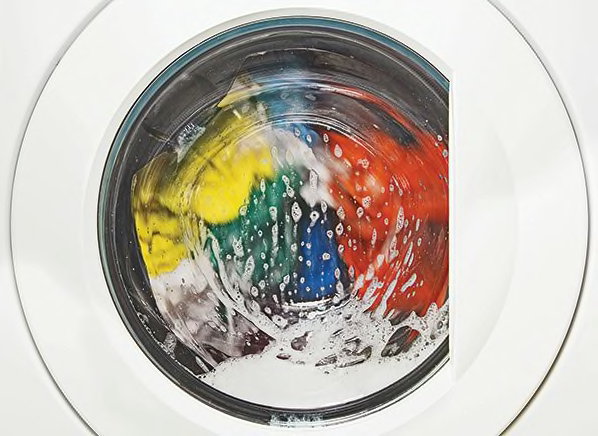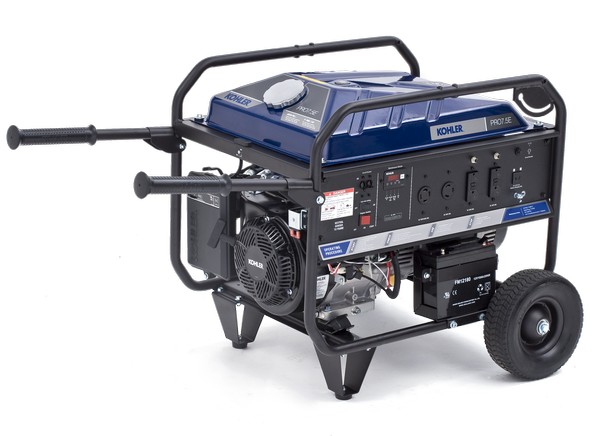Sign In


It helps to have some idea of what you can expect to pay to treat attention deficit hyperactivity disorder so you can plan accordingly.
To determine the approximate costs of a child's ADHD treatment, we asked Healthcare Blue Book, a provider of consumer health-care cost information for patients and self-insured employers, to research representative fees. The group surveyed clinical child psychologists in Los Angeles and Des Moines, Iowa. Both a high-cost and a low-cost area were selected to benchmark the price for the ADHD evaluation of a 12-year-old boy. (Based on the child's age, psychologists may use different types of standardized evaluations. The age of the child also affects the amount of time needed to complete the test, which affects costs.)
All of the providers surveyed regularly performed ADHD assessments, or they considered ADHD assessment and treatment a specialty area for their practice. The providers estimated costs for their usual evaluation method/approach to ADHD, based on their hourly fee multiplied by the amount of time (or sessions) typically required.
The prices were then broken into thee basic categories to reflect the different approaches to evaluating ADHD. The categories include:
Minimal. Providers whose ADHD testing is exceedingly narrow in scope—perhaps one interview session without the use of testing instruments, or the use of a single instrument.
Stepwise. Providers whose ADHD testing begins with a narrower range of tests, most of which focus specifically on the identification of ADHD. Additional tests may be added based on the initial findings.
Extensive. Providers whose ADHD testing includes a comprehensive range of tests, including direct tests for ADHD and "rule-out" tests for other learning disabilities, depression screenings, and others. The extensive approach may require as much as 10 to 15 hours of testing and evaluation time.
The survey results reflect the varying approaches to the evaluation of ADHD by providers in each market. While the average cost of a therapy session was not that different between the two cities, the difference in the average cost of an evaluation was significant—about 138 percent higher in the Los Angeles area. Healthcare Blue Book notes that the disparity reflects the varying approaches to the evaluation of ADHD by providers in each market.
| Survey results for ADHD testing prices | ||
|---|---|---|
| Category/item | Des Moines | Los Angeles |
| Price for all categories | ||
| Minimum price for evaluation | $100 | $375 |
| Maximum price for evaluation | 1,360 | 2,500 |
| Average price for evaluation | 686 | 1,634 |
| Average therapy price (per hour) | 128 | 149 |
| Average price by Heathcare Blue Book category | ||
| Minimal average testing price | $295 | $375 |
| Stepwise average testing price | 540 | 1,000 |
| Extensive average testing price | 930 | 1,871 |
Source: Healthcare Blue Book, July 2010
The general framework for ADHD evaluation can be described in three steps:
Step 1
An initial interview or session with parents to understand their concerns and collect a family history. Parents and/or teachers may have assessments to complete and return to the provider as part of the evaluation process.
Step 2
One-on-one evaluation sessions with the child. These sessions may show variability depending on the provider's approach, and may include: an IQ test; academic achievement surveys; computer-aided persistence tests; memory and attention tests; visual/audio processing; sensory interpretation; and socialization and depression screening.
Step 3
Evaluation of test results, written report, recommendations on treatment approaches (which may include referrals to other providers such as a child psychiatrist for medical evaluation, study skills or organizational skills coaching, etc.), and meeting with the family to review findings and recommendations.
Which tests are used on a given child depends on the provider's approach. For example, a comprehensive test may include both IQ and academic achievement tests, which may not directly identify the presence of ADHD, but will help rule out diagnoses such as non-ADHD learning disabilities.
If some of the costs shown above seem high, there's some good news. About one-third (35 percent) of the parents in Consumer Reports' survey reported that the costs of treating their child for ADHD were covered completely by their child's health plan, while another third (37 percent) said those costs were covered "more than half."
Most parents (43 percent) did not report any out-of-pocket costs for medication, while nearly half (48 percent) didn't report out-of-pocket costs for therapy, tutors, or classes.
Of those who did pay out-of-pocket costs, 42 percent spent less than $500 on medications, and 33 percent spent less than $500 on therapy, tutors, or classes. Only 8 percent of parents reported spending more than a $1,000 on therapy, tutors, or classes. Income level did not predict outcome among the children with ADHD in our survey. Further, there were no differences in out-of-pocket costs by region or metro area compared to nonmetro area.
 WASHING MACHINE REVIEWS
WASHING MACHINE REVIEWS GENERATOR REVIEWS
GENERATOR REVIEWS
 Build & Buy Car Buying Service
Build & Buy Car Buying Service
Save thousands off MSRP with upfront dealer pricing information and a transparent car buying experience.
 Get Ratings on the go and compare
Get Ratings on the go and compare
while you shop